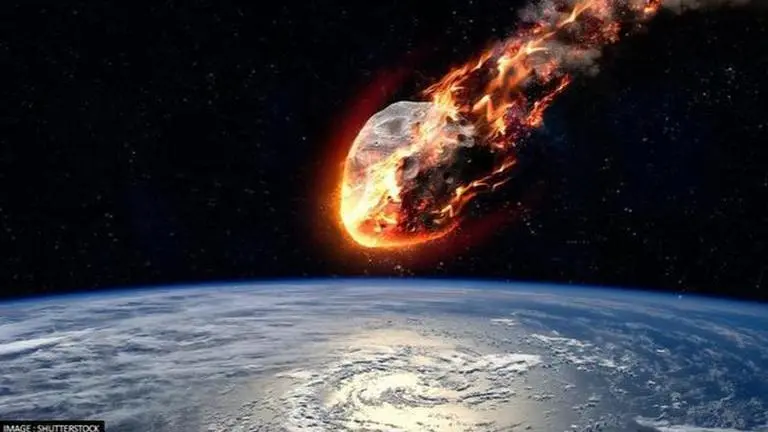Updated 1 November 2021 at 00:02 IST
Asteroid surprises NASA scientists as it passed undetected 3,000 km away from Antarctica
A refrigerator size asteroid swooshed past the Earth a few days ago, slightly away from Antarctica and shockingly, not even the astronomers saw it coming.
- Science News
- 3 min read

A refrigerator size asteroid swooshed past the Earth a few days ago slightly away from Antarctica and shockingly, not even the astronomers saw it coming. Dubbed Asteroid 2021 UA1, the space rock had a diameter of just 2 meters, passed by Antarctica at a distance of 3,000 kilometres, surprising even NASA scientists who had no notion of it coming. According to a CNET report, this asteroid was first spotted by the Catalina Sky Survey, which keeps an eye on hazardous asteroids.
Newly-discovered #asteroid 2021 UA1 missed Antarctica by only 3000 km Sunday evening.
— Tony Dunn (@tony873004) October 27, 2021
It came from the daytime sky, so it was undiscoverable prior to closest approach.https://t.co/Y0zY7mAYue pic.twitter.com/R9VpMo2X9G
Earth sees third closest asteroid flyby
The passing by of Asteroid 2021 UA1 was the third closest one that our planet witnessed without facing any impact. No bigger than a refrigerator, the space rock crossed through the South Pole and was at a safe distance from the orbit of the International Space Station (ISS). Astronomer Tony Dunn, who provided insight about the flyby said that the visit by this asteroid was surprising at it came from behind the sun in a daytime sky, as per Slash Gear.
Although this particular space rock would have burned up before hitting the ground, had it entered the atmosphere, the sudden and undetected asteroids are a matter of grave concern. Needless to say, incoming asteroids out in the universe that are much bigger in size than the 2021 UA1 could be catastrophic if the astronomers are unable to detect them. In previous instances, 2020 QG and 2020 VT4 were the only two other asteroids that closely passed by the Earth at just a few hundred kilometres, Slash Gear reported.
However, concerning the issue of tackling such asteroids, a recent study at the John Hopkins University in US' Maryland suggested that nuking an incoming hazardous asteroid using nuclear warheads could help in reducing the impact threat.
Advertisement
Would nuking an asteroid really work?
Much like the movie Armageddon, the researchers ran a simulation where they fictionalised an incoming asteroid dubbed 2021 PDC, which gave humans on Earth less than six months to prepare. After analysing the simulation, where the asteroid 2021 PDC is blasted with one megatonne nuclear bomb while on a collision course to Earth, showed that impact can be reduced by 99%.
Here, the size of the approaching asteroid also significantly matters so for their study, the scientists chose a considerably large asteroid measuring one hundred metres. In addition to this, the study showed that the impact can be averted by 99.9% in some cases if the approaching danger was nuked two to six months prior. Although, the results for asteroids relatively bigger than 2021 PDC weren't much to celebrate still better than expected.
Advertisement
(Image: Shutterstock)
Published By : Harsh Vardhan
Published On: 1 November 2021 at 00:09 IST
